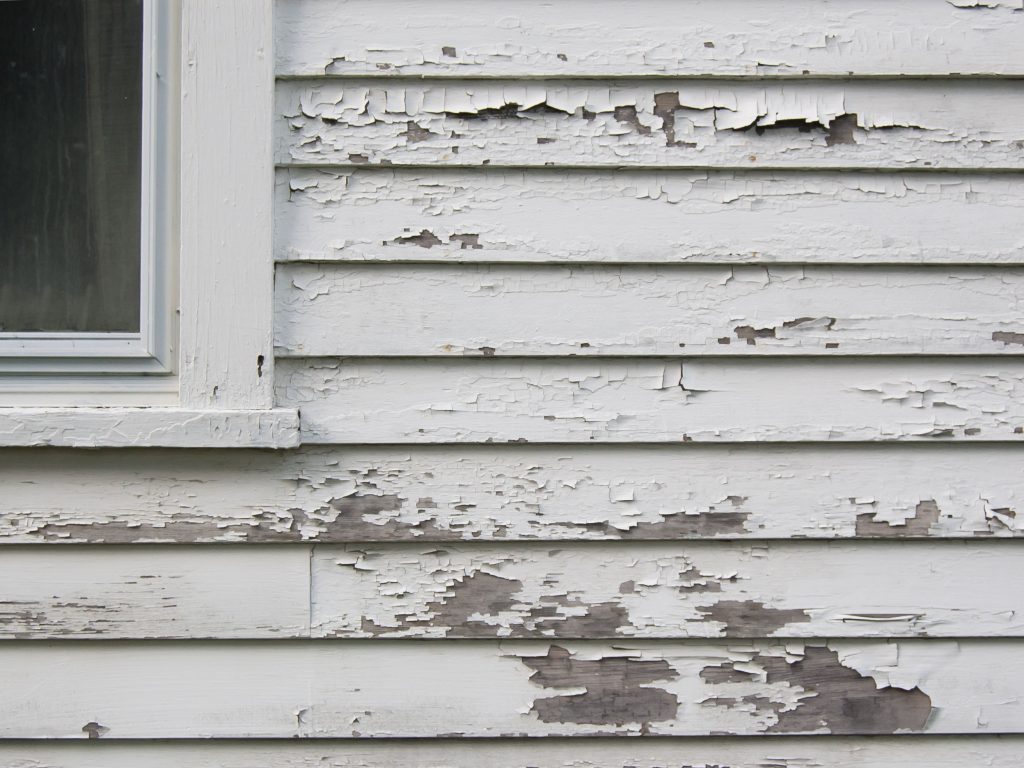Lead Poisoning
What is Lead Poisoning?
Lead poisoning occurs when too much lead is in the body. Likewise, you can absorb it by contacting lead-contaminated surfaces or inhaling dust particles contaminated with lead. Also, eating foods prepared on surfaces contaminated by lead or drinking water from lead-based plumbing can result in lead poisoning.
High lead levels can cause brain and kidney damage. Lead can also harm the production of blood cells, the absorption of calcium needed to develop strong bones and teeth, muscle movement, and the work of the nerves and blood vessels.
Three Rivers District Health Department Environmental Staff investigate all reports of high lead levels in children under 18 residing in our four counties.
How do I prevent Lead Poisoning?
- Know your plumbing. Houses built before 1978 are more likely to have plumbing contaminated with lead.
- Wash your kids’ hands and toys often, and keep dusty surfaces clean with a wet cloth.

- Good nutrition can help reduce the amount of lead absorbed if exposed. Eat a healthy diet rich in iron and calcium.
- Chipping and peeling paint in old homes can be a source of lead. Treat it as such and seek remediation to prevent poisoning.

- Know where your kids play. Keep them away from old barns and farm equipment where lead may be present.
(This list is not all-inclusive. For more details on lead prevention, please click here.)

How are high lead levels identified?
Test your children for high lead at their doctor’s office or at the local Health Department.
Elevated levels in excess of typically 15 µg/dl (micrograms per deciliter) or more, prompt education and further investigations. Investigations are conducted by environmental health personnel to identify the source of lead through a risk factor analysis and sampling. Other elevated levels falling below 15 µg/dl prompt follow-up testing and education as well.
Depending on the levels found, the homeowner may be given recommendations or required to utilize a certified contractor to remove the lead hazards.
- Published: September 14, 2021
- Page reviewed/updated: May 3, 2023
Investigations in your home


